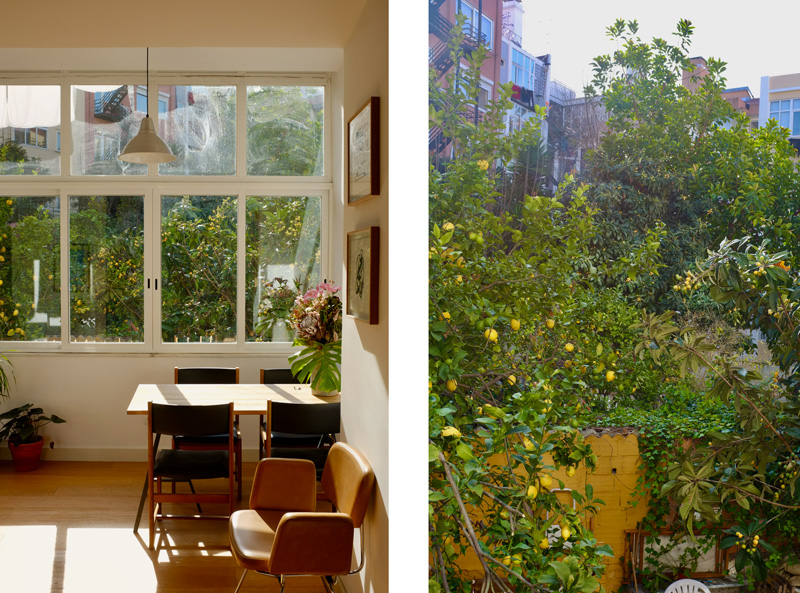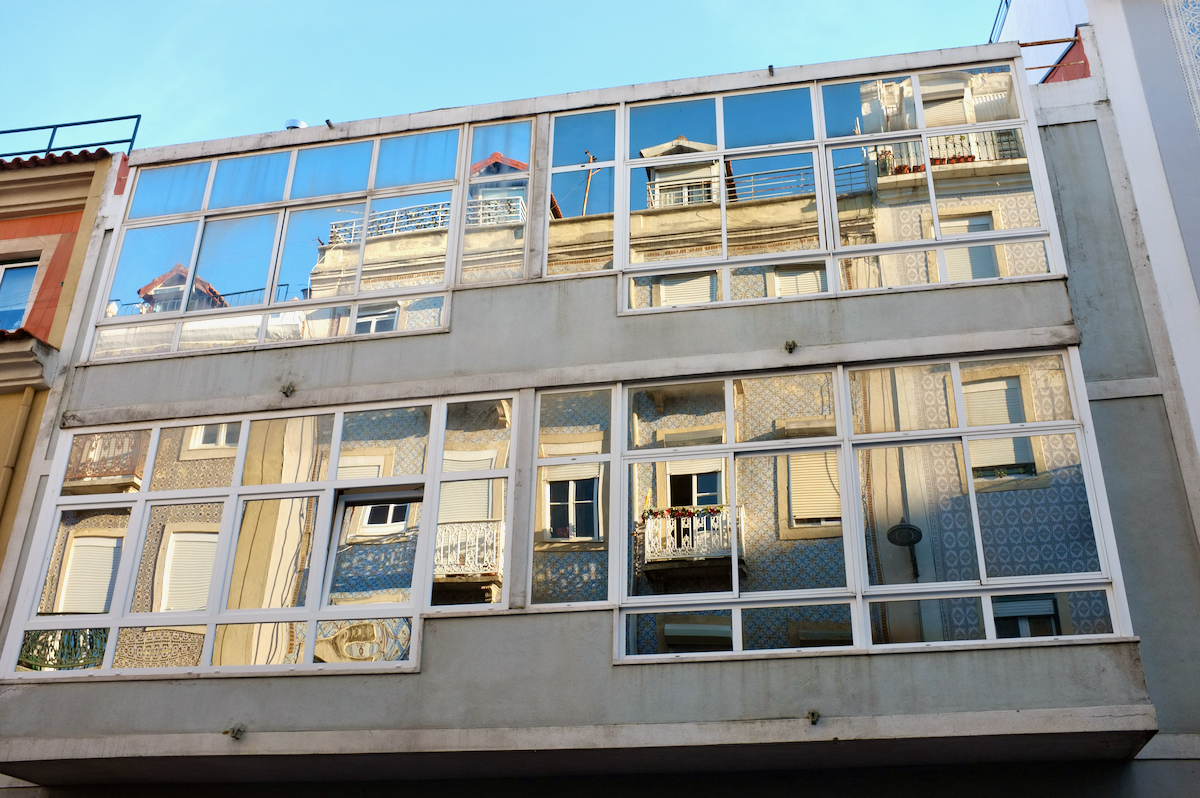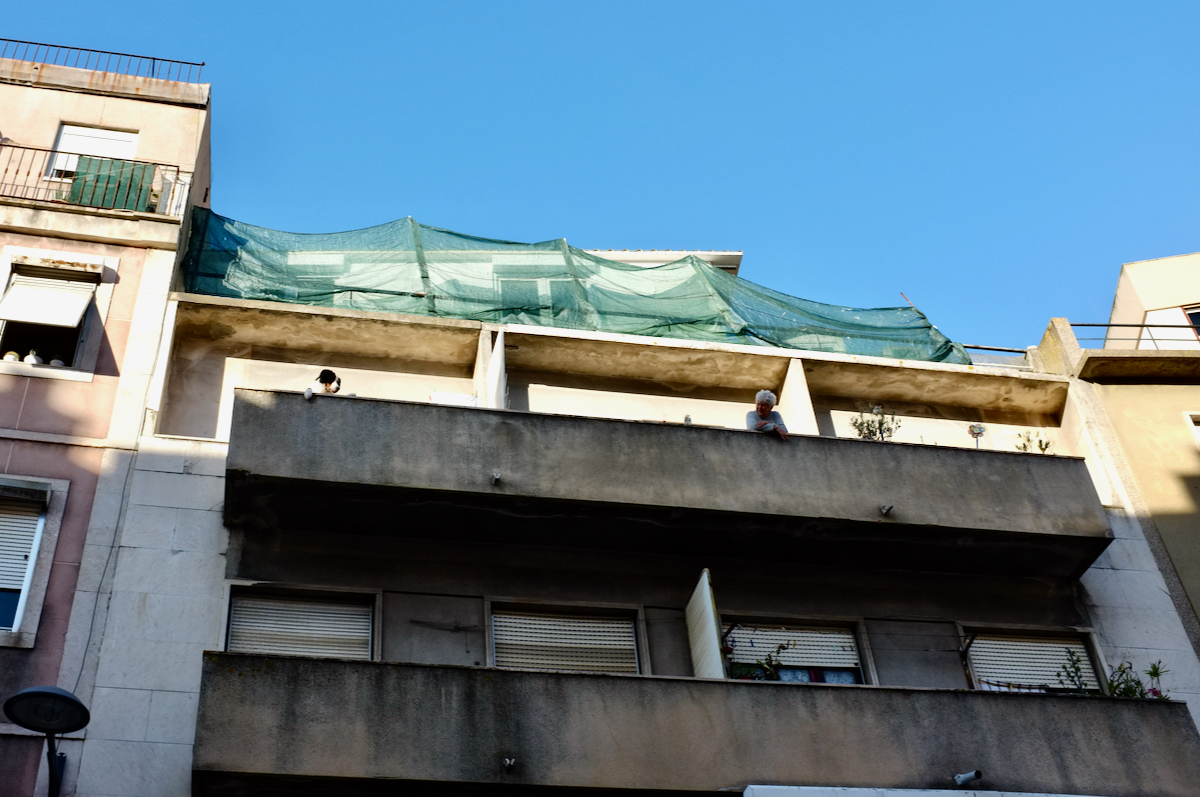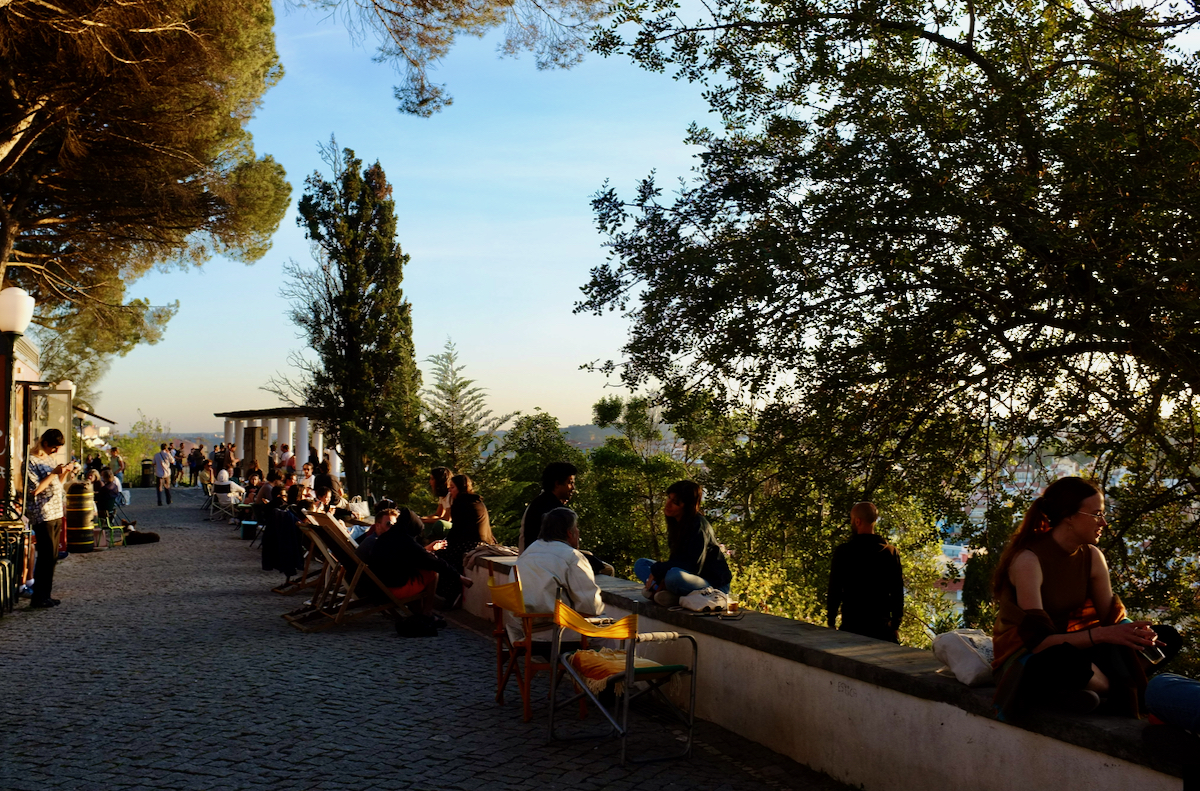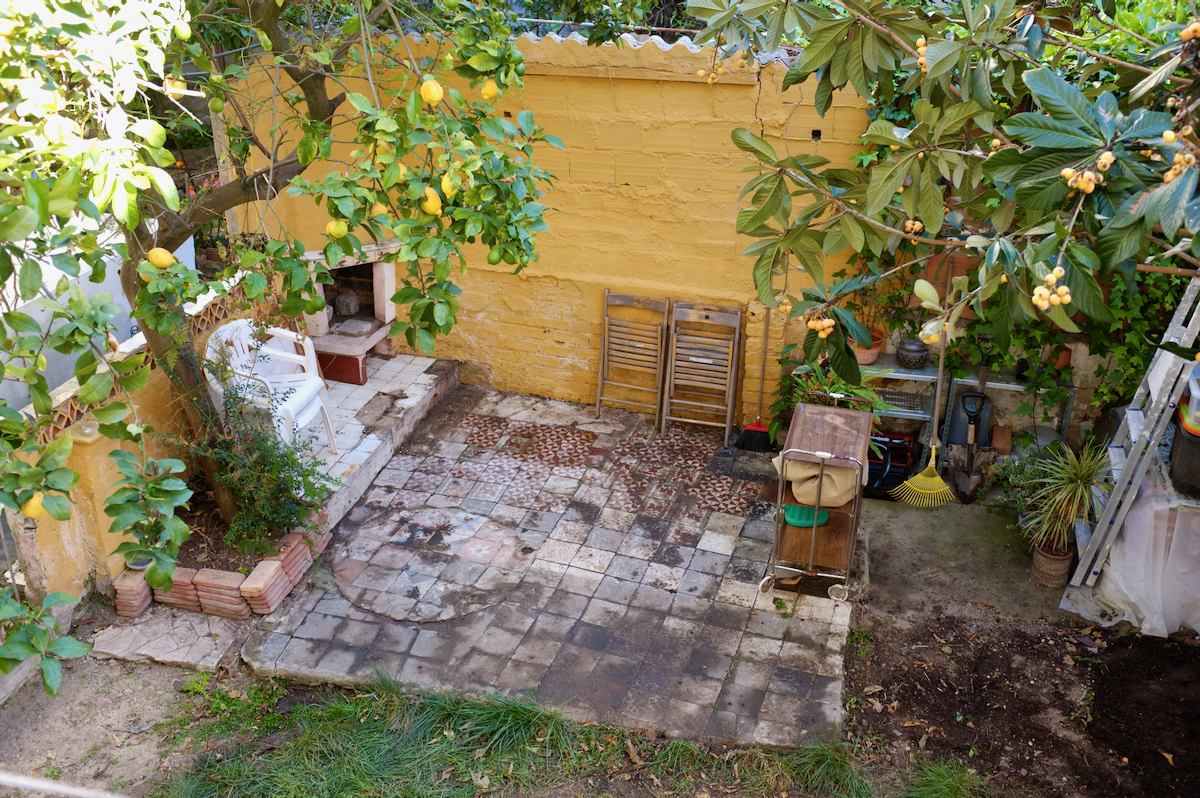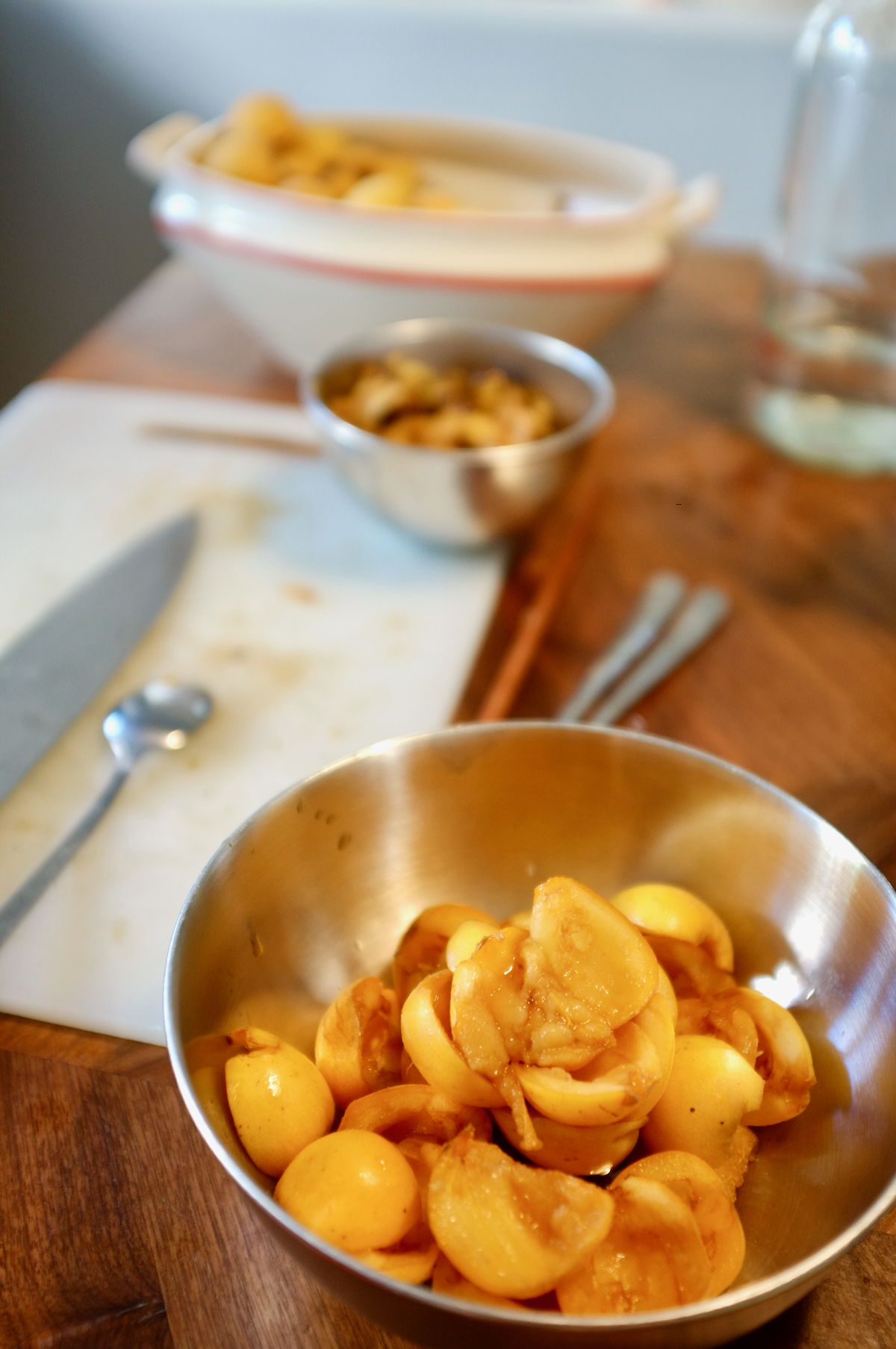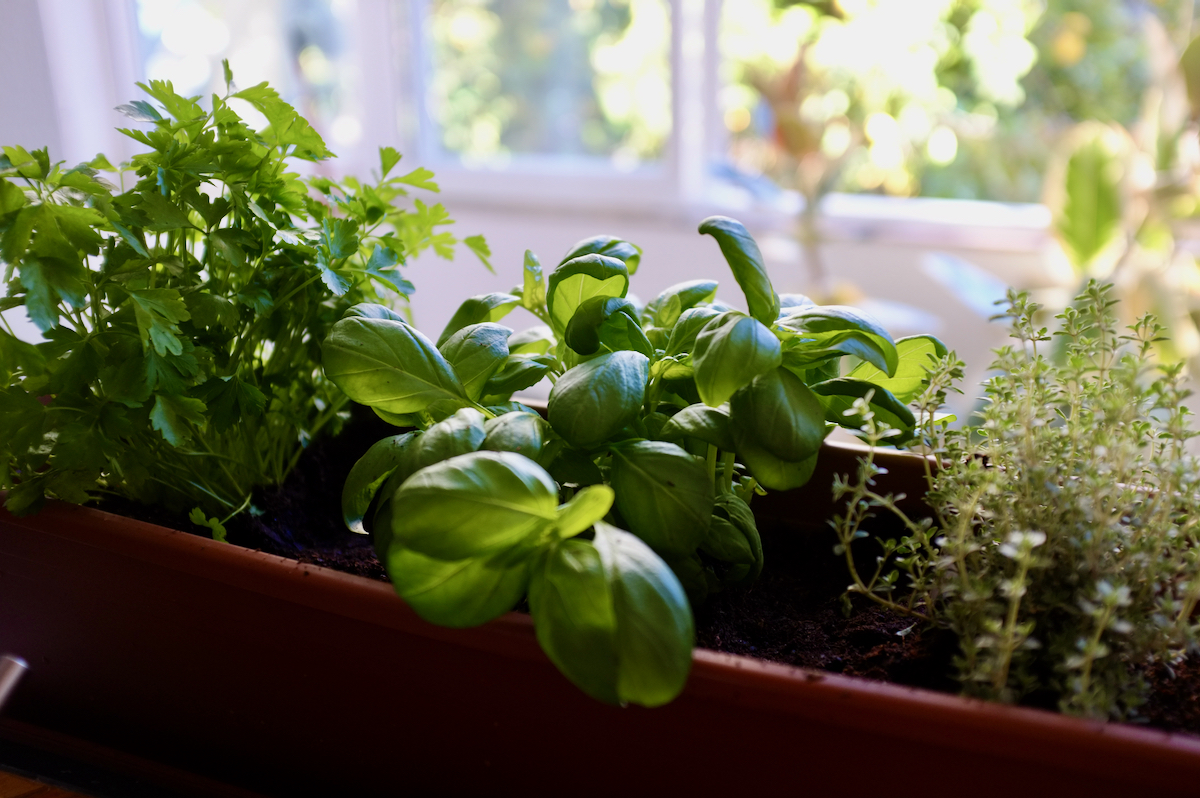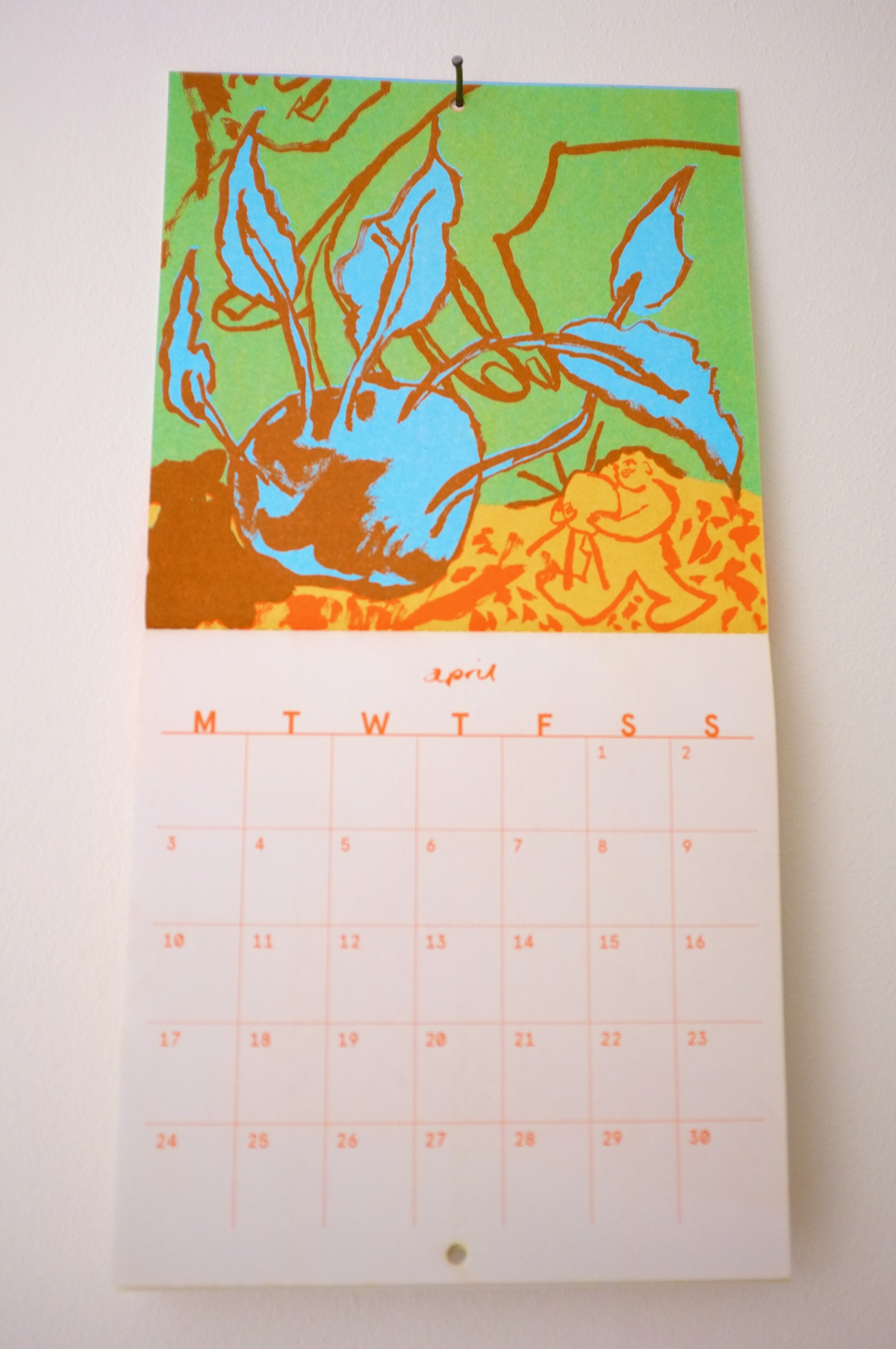A few weeks ago we visited Cooperativa Integral Minga, a multisector co-op in Montemor-o-Novo, about an hour east from Lisbon in the Alentejo region.
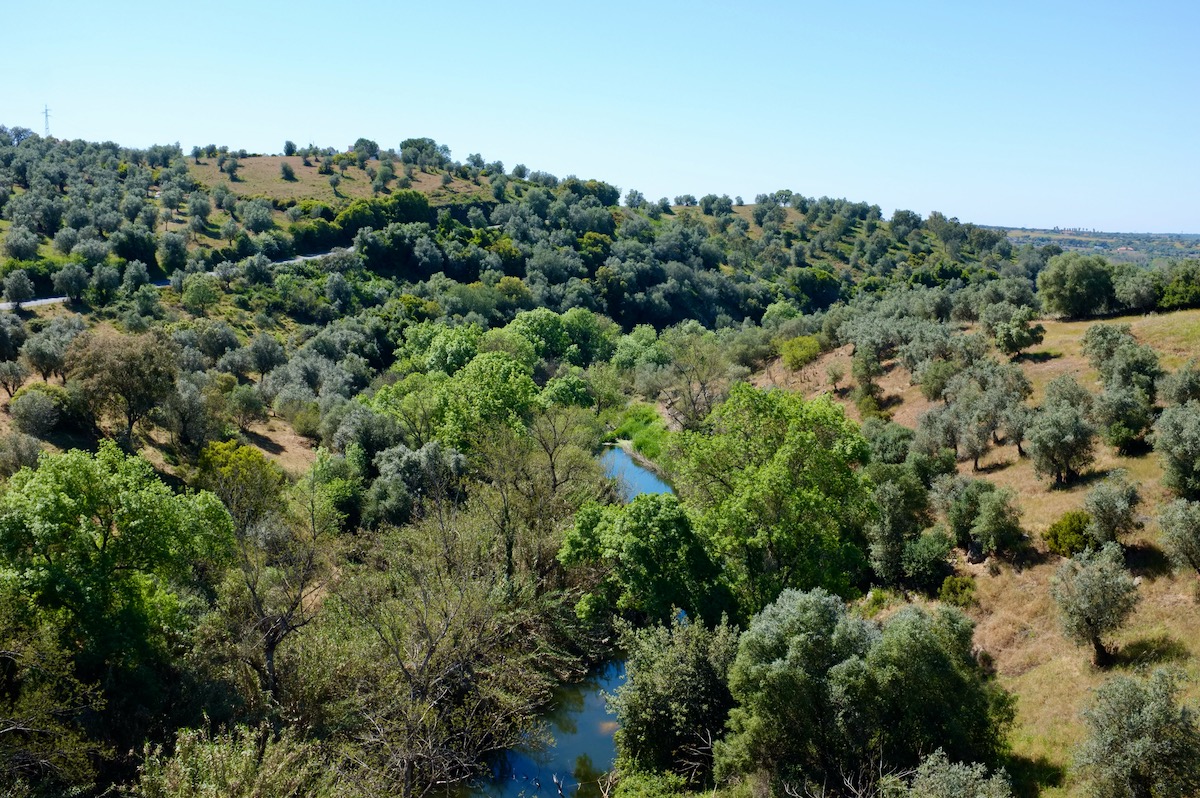
They have around 100 members across four branches: agriculture, products, services and housing. These branches run as autonomous working groups using sociocracy. They also have a number of elected administrative roles that make up their board.
Anyone living in the area around Montemor can pitch an idea to join the group, as long as their practice is in accordance with Minga’s values: sustainability and degrowth. Once they join, they can run their company through the co-op rather than individually, sharing resources and lowering costs for everyone. In return, 5% of each invoice goes towards Minga.
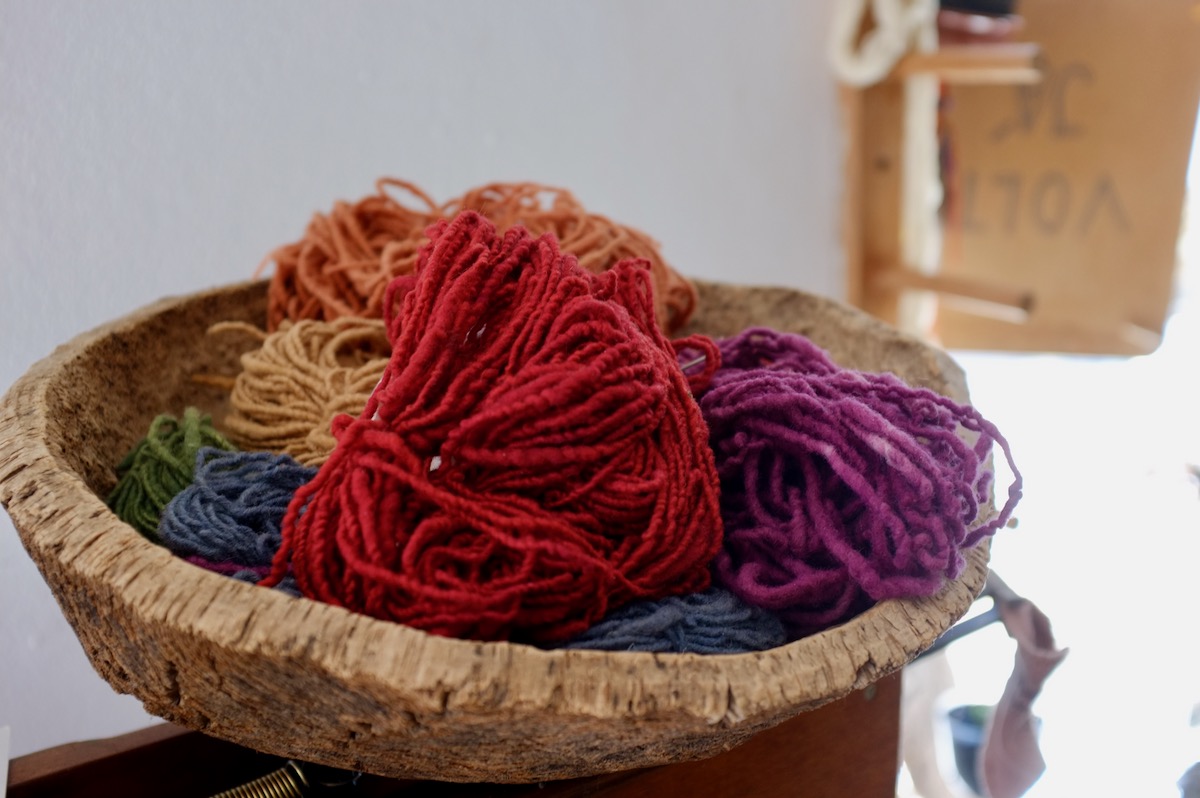
They have a small store in the centre of town where you can buy local and seasonal fruit and vegetables, groceries, ceramics and textiles from co-op members. The shop is a way of promoting locally sourced goods, fair trade and a circular economy. Everything is grown or made by hand, with natural materials and human energy.
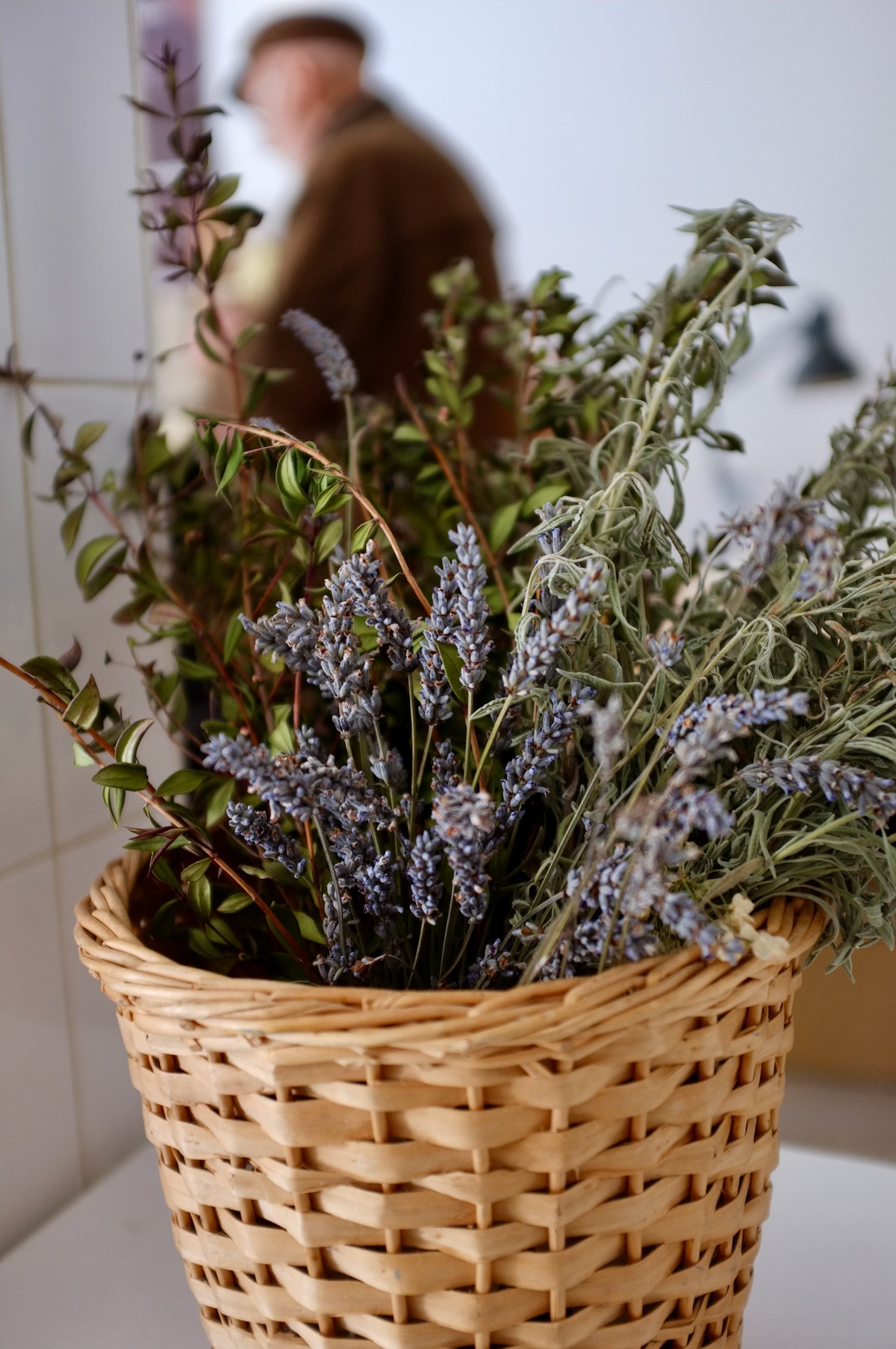
On one of the shelves there are skeins of cream and brown yarn, produced by Suarda. Last year, two cooperators (Jorge and Telma) started the company, which is focused on encouraging fairer and more sustainable wool production from all angles: fair prices for producers, improved animal welfare, and a regenerative approach to environmental stewardship. It’s an attempt to create an entirely new value chain around wool and revive the national textile industry.
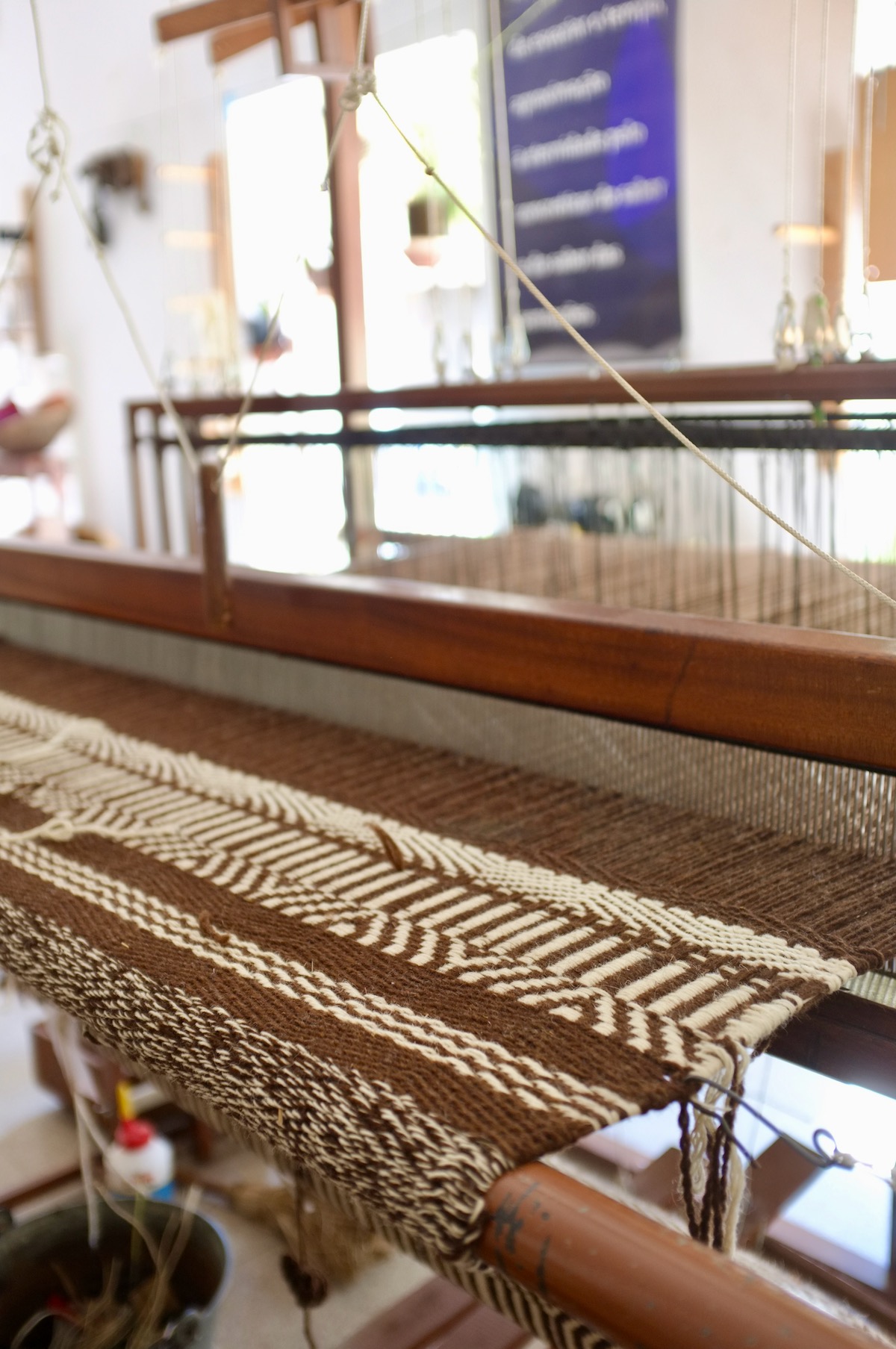
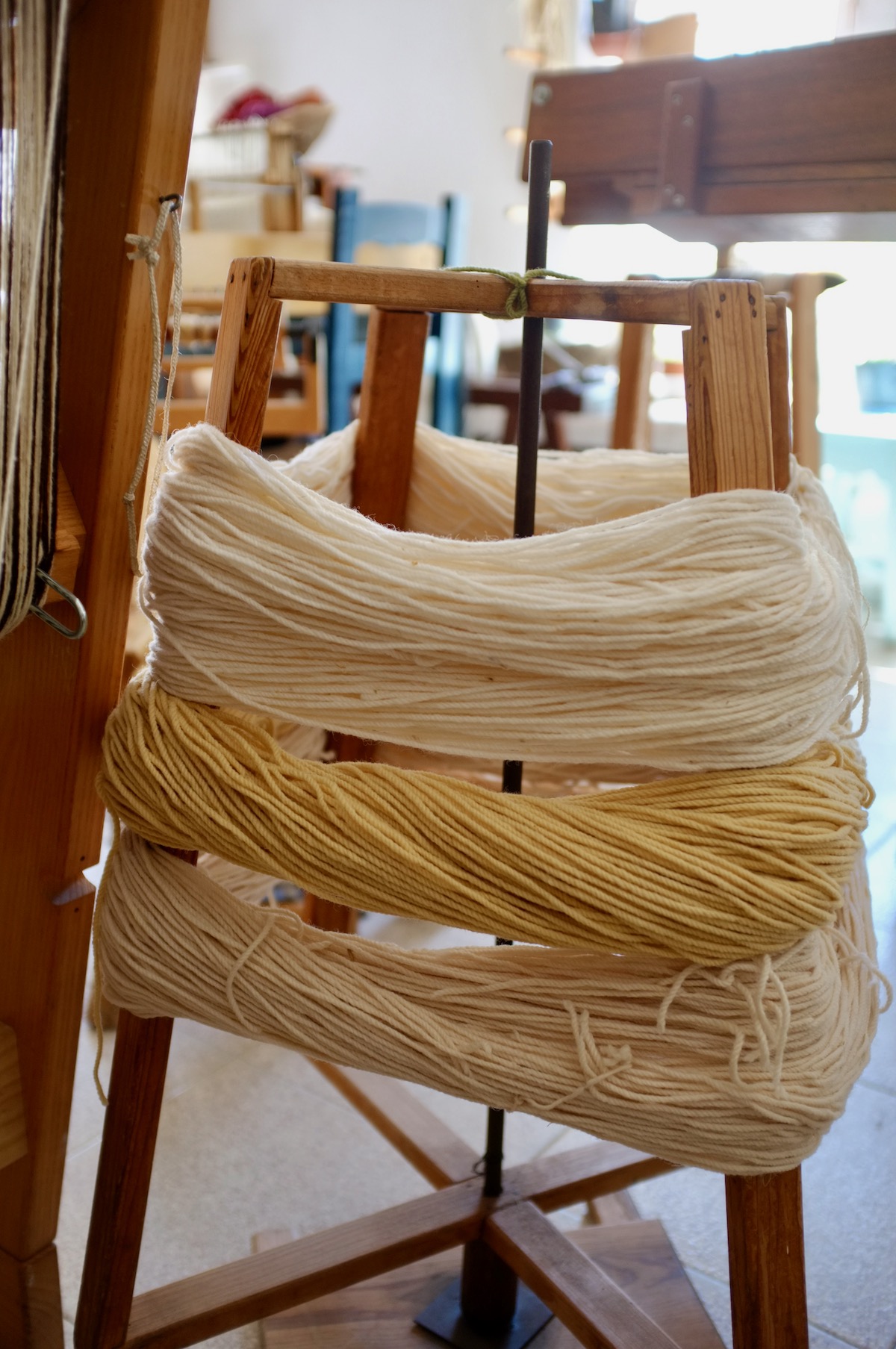
Around the corner from the store is the Espaço Integral, a coworking and event space which houses a communal library, seed swap and some wooden looms. Another cooperator (Teresa) weaves with Suarda wool there, sharing her knowledge with anyone who is interested in learning the craft.
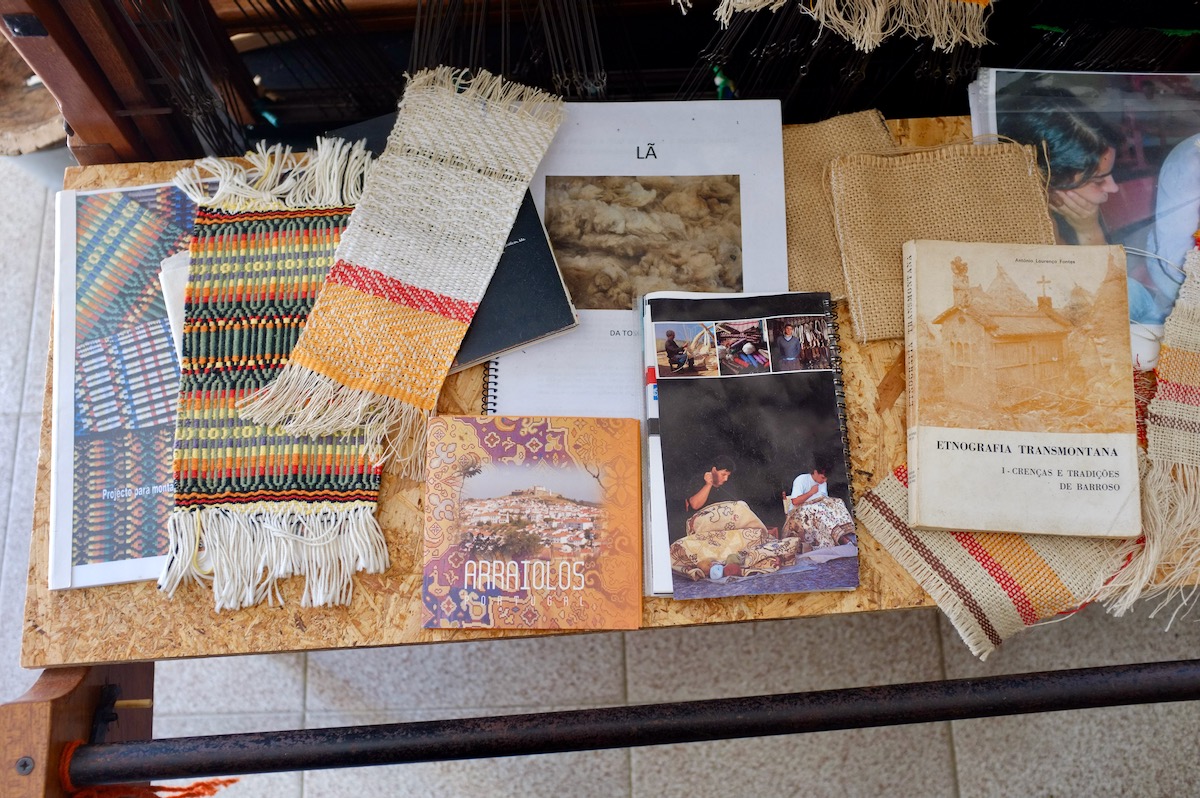
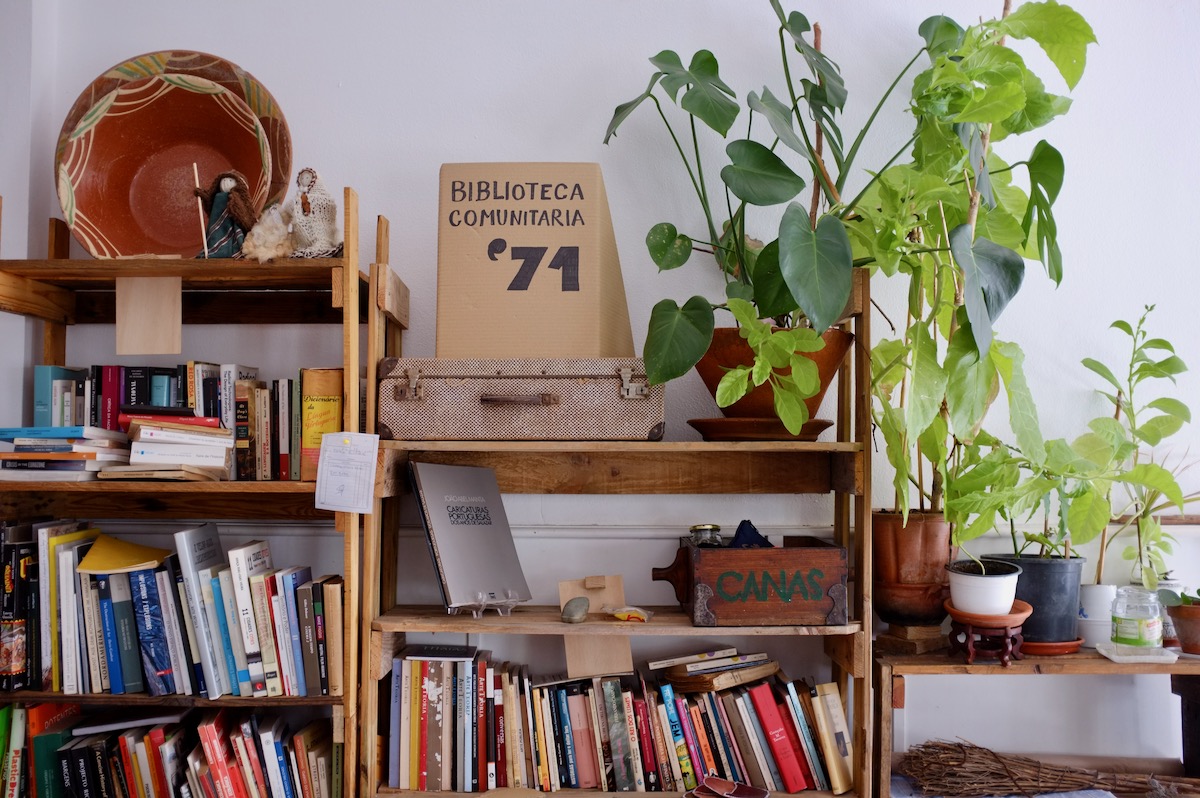
For me, the fascinating thing about Minga is how it weaves together so many strands of life: from food to housing to work to education to health. They share the same cooperative values, but operate at a whole different scale to a worker co-op. Rather than focus on one industry, it’s possible to work in collaboration with many other in order to address issues across and between sectors, with a philosophy of degrowth underpinning everything they do. The people involved have such a wide range of expertise, sharing knowledge across different sectors and different generations. They are deeply rooted in Montemor, slowly creating a commons from which everyone can benefit.
